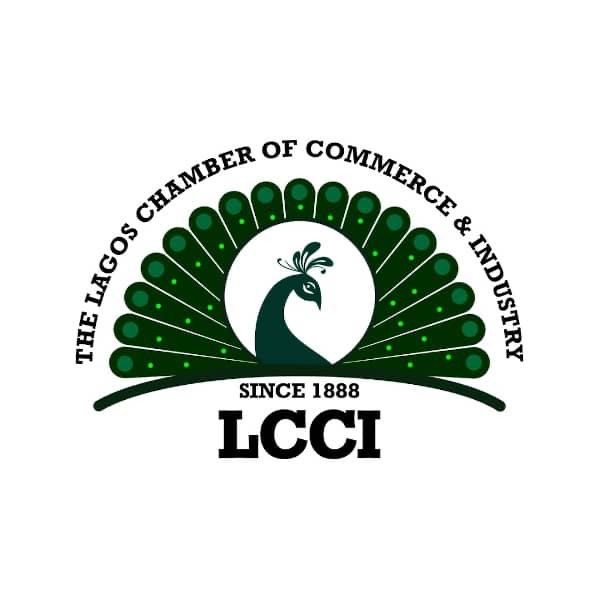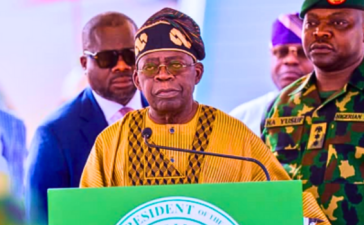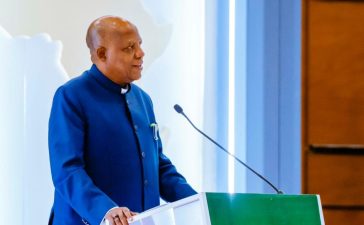The Central Bank of Nigeria’s (CBN) Monetary Policy Committee (MPC) decision to raise its benchmark interest rate by 25 basis points to 18.75%, the highest rate since its adoption in 2006, has garnered mixed reactions from the business community. While the moderate increase is in response to inflation expectations and aims to boost investor confidence and investment flows, concerns have been raised about the potential implications for local businesses. The narrowing of the asymmetric corridor has led to worries that credit availability could be restricted, contrary to the new administration’s promise of fostering a low-interest rate environment to support economic growth.

Director General of the Lagos Commerce & Industry Dr. Chinyere Almona (FCA) in a Press Statement issued by the Chamber urged the Federal Government on the need to explore and address structural issues as they are essential elements in achieving the desired economic stability and growth in the Country.
“CBN should moderate the key rate given the weak relationship between it and inflation, especially after manufacturers and other businesses are groaning under high operating costs, low growth, and more especially in the face of high unemployment.
“Furthermore, monetary policy alone appears insufficient to guarantee the desired results of low, stable, and predictable prices. We are of the view that structural rigidities around infrastructure and agriculture should be explored and tackled to rein in inflation.”
This latest interest rate hike marks the fourth consecutive increase this year and the eighth consecutive rate hike since April 2022. The MPC also narrowed the asymmetric corridor to +100/-300 basis points from +100/-700 basis points around the policy rate. However, the Cash Reserve Ratio (CRR) and Liquidity Ratio (LR) remain unchanged at 32.5% and 30% respectively.
The CBN’s decision to raise the key rate by 25 basis points was driven by concerns over rising inflation, a negative interest rate gap, and a desire to attract investment into the country. Between January and June 2023, the headline inflation rate surged for the sixth consecutive month, reaching 22.79%. Analysts predict that inflation could escalate further due to subsidy removal, exchange rate harmonization, and the anticipated impact of palliative distribution in the near future.
Despite the CBN’s efforts to combat inflation and boost investor confidence, some members of the business community are apprehensive about the impact of the significant adjustment in the asymmetric corridor. There are concerns that this move could restrict credit availability and cap liquidity, which may have adverse effects on local businesses. This has led to criticism, as it appears to be in contradiction to the new administration’s promise of maintaining a low-interest rate environment to create a robust credit economy.
The country’s growth projection has also seen a slight downgrade by the World Bank, now expected to reach 2.8%. Given the weak relationship between interest rates and inflation, the CBN’s decision to continue hiking the policy rate has raised questions among manufacturers and other businesses. They argue that high operating costs, low growth, and high unemployment are already putting pressure on the economy, and a more moderate approach should be considered.







